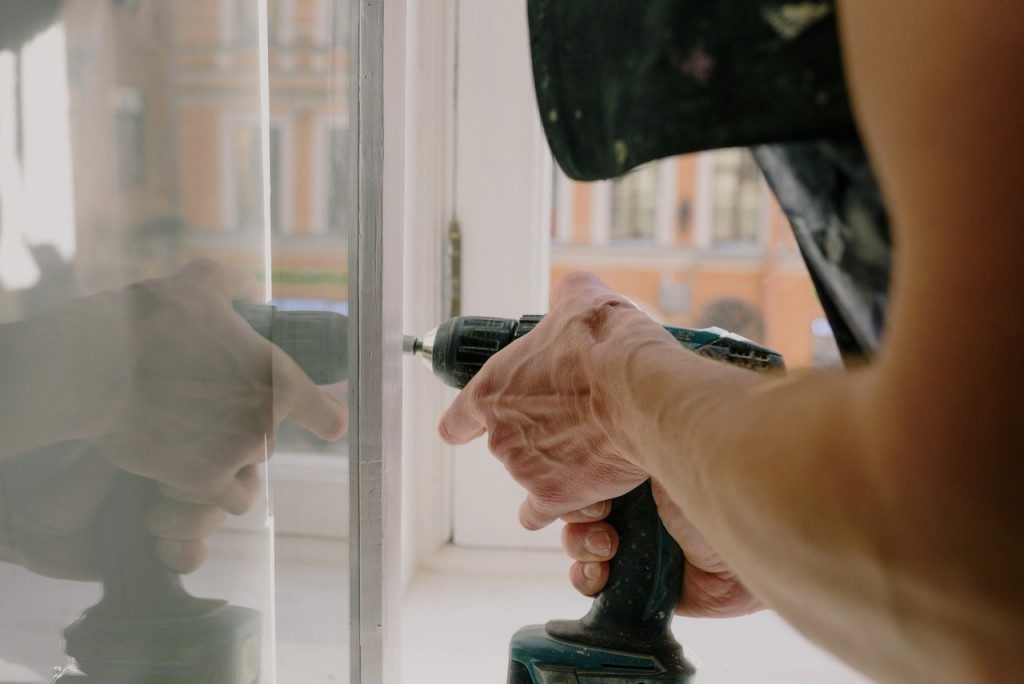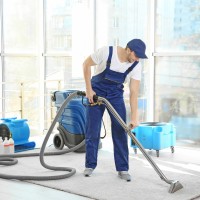General labor is an in-demand industry that can provide you with a good, consistent salary and reliable job security. Yet, labor work tends to be one of the riskiest, as workers commonly spend a large portion of their workdays on job sites around heavy machinery. Safety precautions are especially important when working in a laborer career.
Here are a few great safety precautions you can take to keep yourself safe.
Stay Alert
Staying alert is key to staying safe as a construction worker or laborer. Avoiding distractions, like texting, phone calls, or deep conversations, while working with heavy machinery can ensure you’re able to respond quickly in an emergency. Avoid the use of drugs or alcohol that could reduce your reaction time and turn a normal work environment into a dangerous one.
Avoid Shortcuts
Shortcuts may be tempting when on the job site, especially if it means you’re done with the job sooner or get to go home earlier. However, shortcuts often include skipping certain safety measures. Certain shortcuts can also put other workers in danger. It’s best to avoid these shortcuts and take the time it requires to complete a job properly and safely.
Prioritize a Clean Work Area
Prioritizing and maintaining a clean work area can make you feel more organized and productive when at work. It can also help to avoid rushed work that may lead to danger. With a clean work area, you and your coworkers will also find it easier to locate items you need. Regularly cleaning your workspace, including the removal of dust or spills, also protects you from slips, falls, or dropped tools or equipment.
Know and Follow Safety Guidelines and Procedures
Pay close attention to safety guidelines and procedures when training. If you’re not sure how to safely use certain equipment, consider asking for follow-up training. Never use equipment that you’re not trained or certified to use. It’s also important to note that workplace safety guidelines may change routinely, especially between job sites. Make sure you’re aware of the latest protocols. You don’t need to work with heavy equipment to suffer an injury while at work. Injuries can also occur during project cleanup if the proper precautions aren’t taken.
The Occupational Safety and Health Administration (OHSA) also has strict workplace rules. Reviewing this information regularly can help you better understand your rights as a construction worker and expected safety regulations.
Know What To Do if Injured
Knowing what to do if you’re injured while on the job can also be helpful. Most companies in the United States with more than a few workers are required to carry workers’ compensation. This policy covers your medical costs and lost wages if you’re injured while on the job. However, workers comp has very strict requirements in place for when and how you must notify your employer of your injury.
Many workers’ compensation policies also require injured workers to receive medical care from an approved provider. Notify your employer if you’re injured while on the job as soon as possible, and follow their directions. Of course, if it’s an emergency, receive medical care as quickly as possible and worry about the details later.

Wear Protective Gear
Protective gear is a must when working at a job site with electric hookups, potentially dangerous chemicals, or heavy machinery. It may also be necessary when cleaning up spills or construction materials. Make sure you have an OSHA-approved hard hat, safety glasses or goggles, safety gloves, ear protection, safety boots, and reflective clothing. Some employers may provide protective gear to their workers, but even if they don’t, investing in your own may be worth the protection.
Report All Accidents and Injuries
It’s also important to report all accidents and injuries that occur at work. This is especially true if you or anyone else requires immediate medical care. However, even if you don’t, you’ll want to make sure that all minor to moderate injuries are covered under workers’ compensation. If you wait to report the injury until you’re sure it’s long-lasting, it can be difficult to prove later that it occurred while at work.
Complete Safety Training
Workplace safety training is an OSHA requirement at many job sites. However, even if this isn’t the case where you work, doing so can ensure you have the proper knowledge and skills to stay safe at work. You can always ask your employer to create a safety training program or for them to pay for you to attend one. Online safety training classes make learning protocols more accessible to a larger number of workers.
General labor skills are frequently in demand, but working at a construction site isn’t without risk. However, staying alert, always wearing protective gear, and knowing what to do if you’re injured while on the job, can help you stay safe in any industry.





